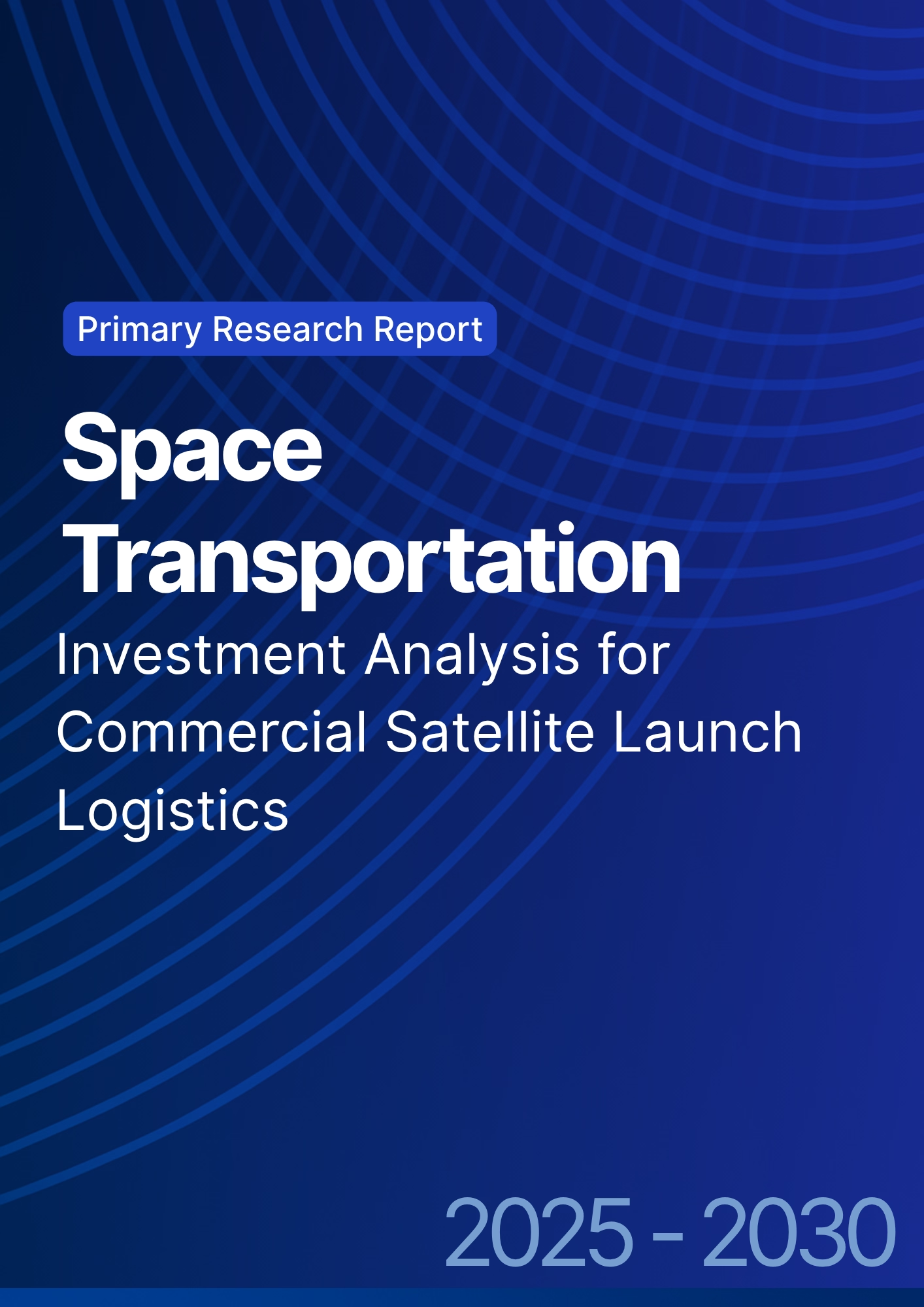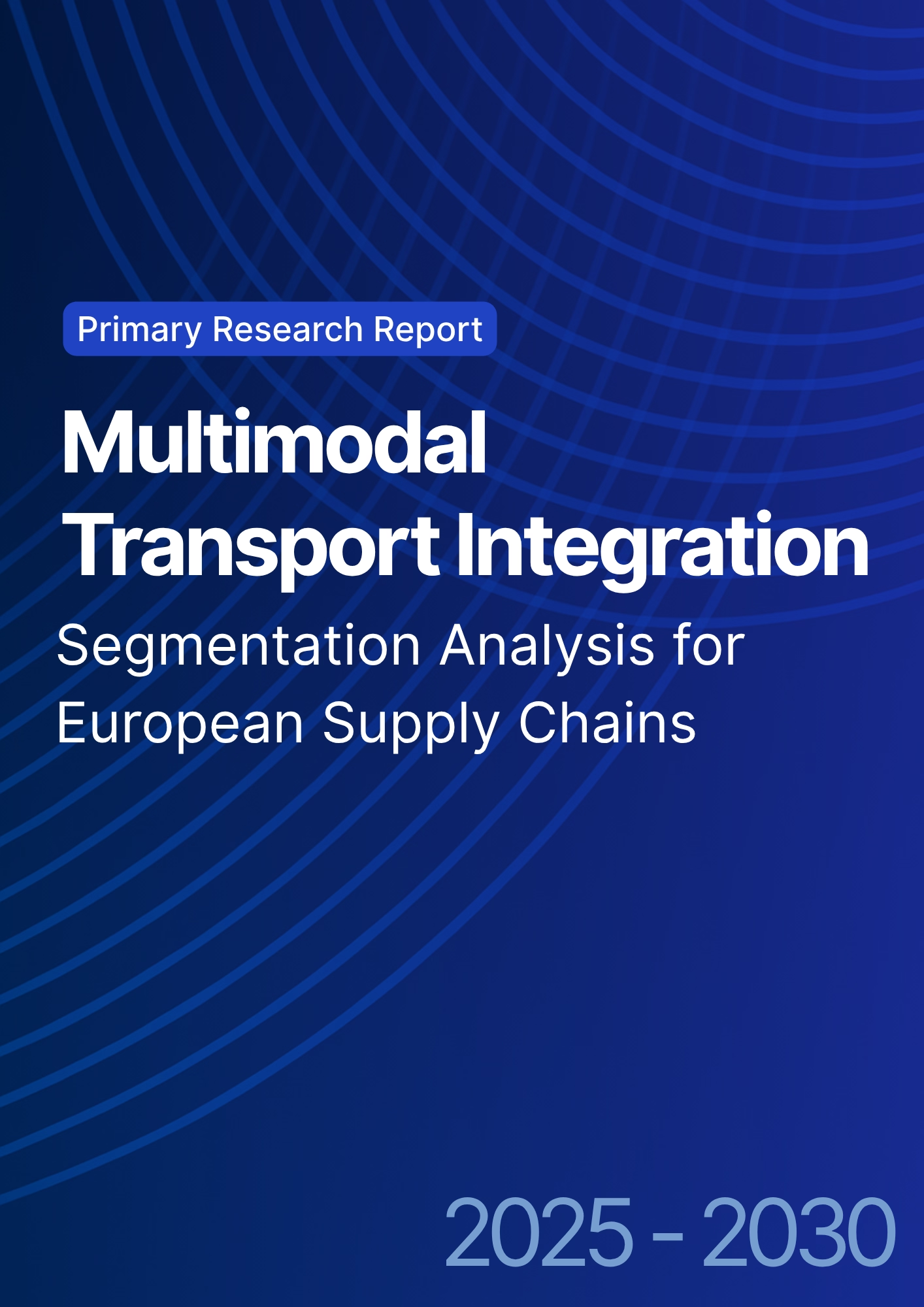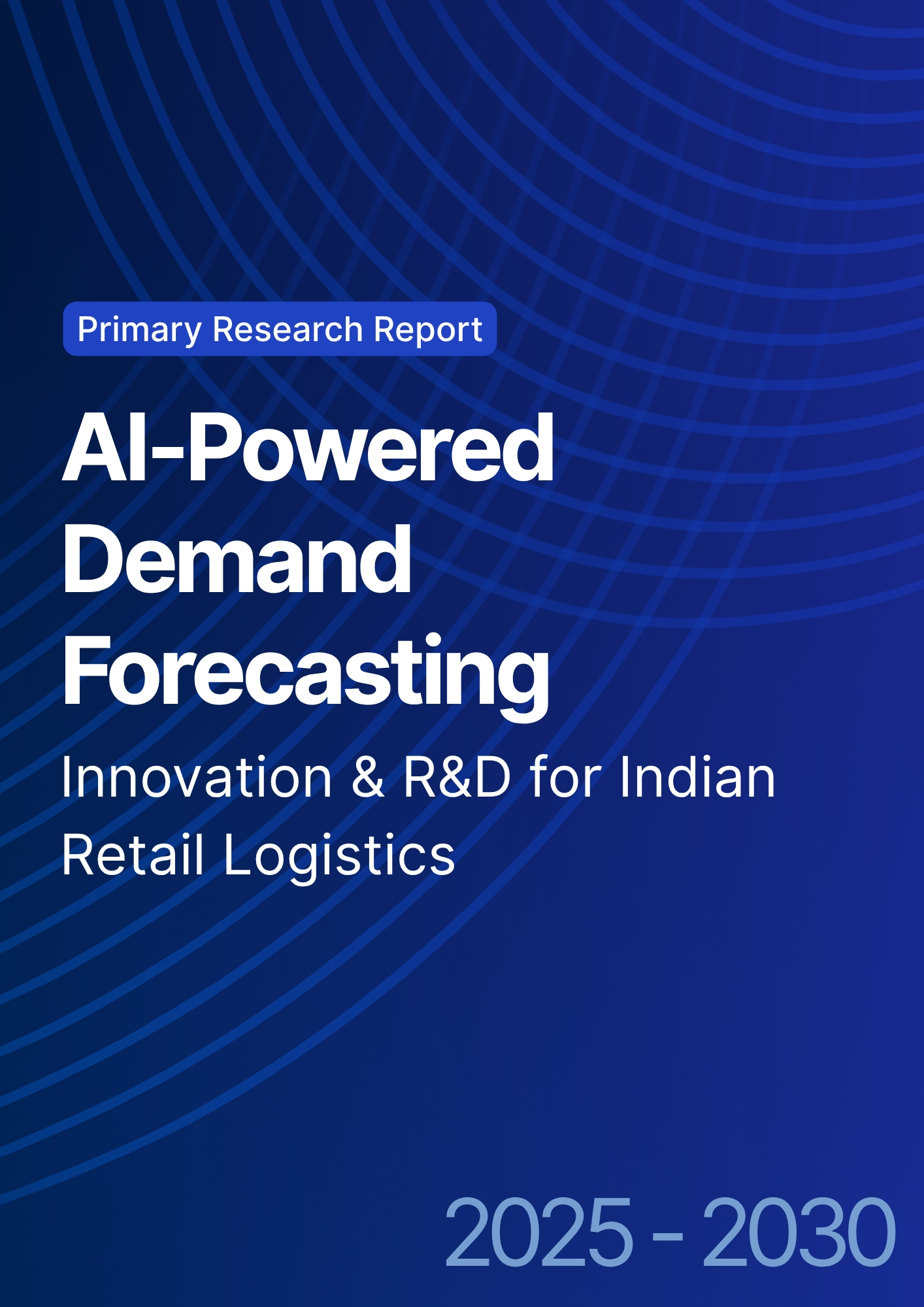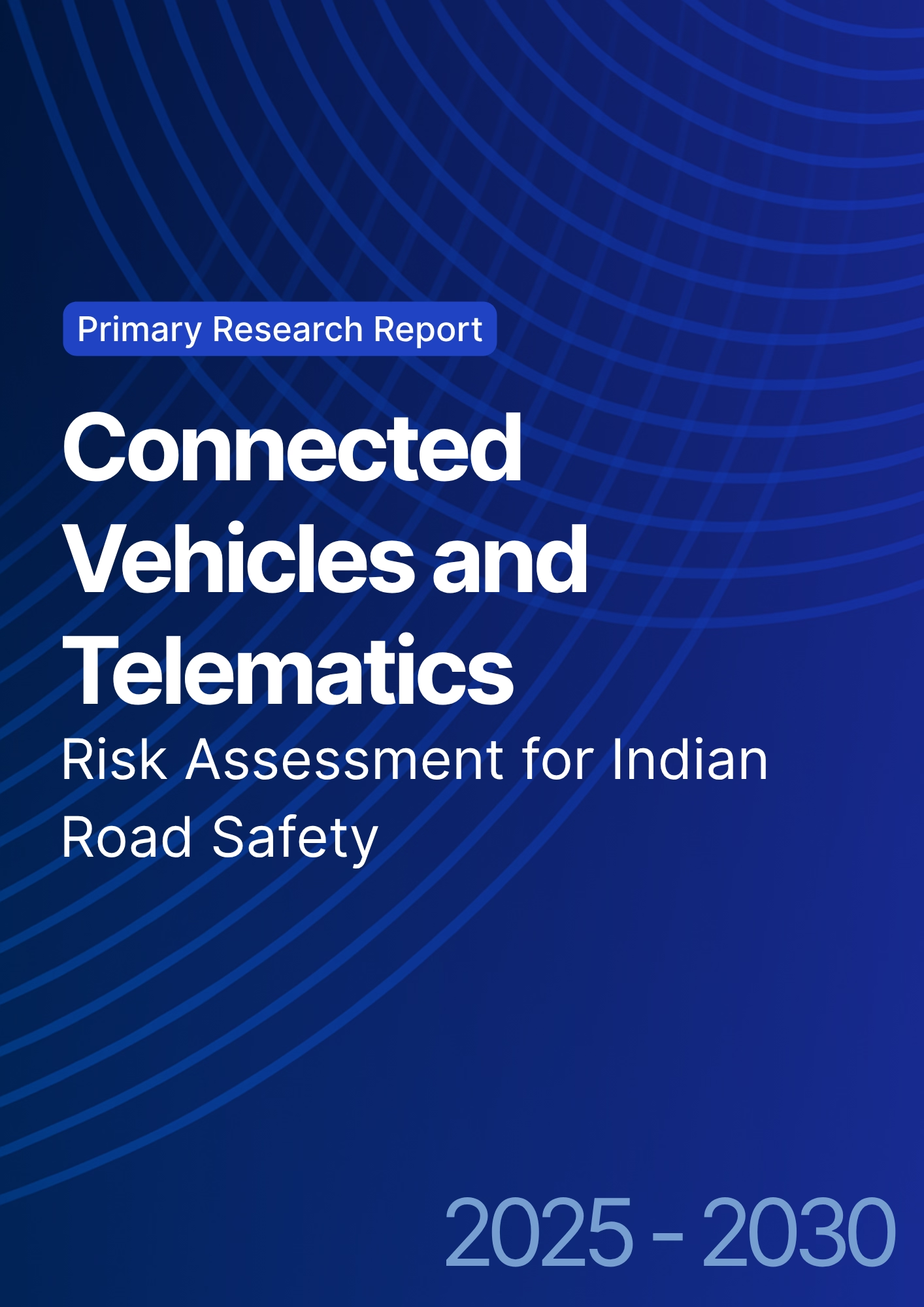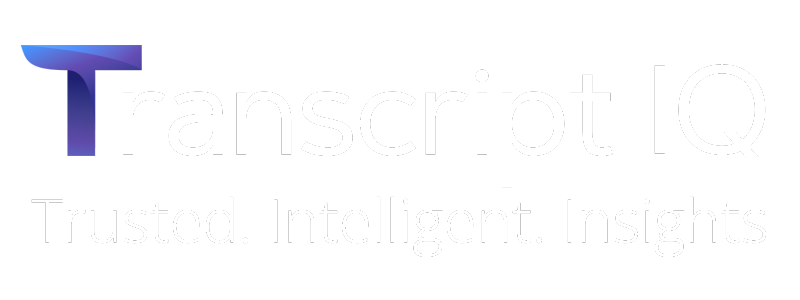

68 Circular Road, #02-01 049422, Singapore
Revenue Tower, Scbd, Jakarta 12190, Indonesia
4th Floor, Pinnacle Business Park, Andheri East, Mumbai, 400093
Cinnabar Hills, Embassy Golf Links Business Park, Bengaluru, Karnataka 560071
Connect With Us
Rail Freight Digitalization: Supply Chain Logistics for Indian Exporters
The digitalization of rail freight for Indian exporters is projected to expand from $5.8B in 2025 to $15.3B by 2030 (CAGR 21.2%), driven by the Indian government’s logistics reforms and the digital railways initiative. Investments in AI-powered fleet management, IoT-enabled real-time tracking, and automated booking systems will improve operational efficiency and cargo flow. By 2030, rail freight digitalization is expected to reduce delivery time by 28%, improve cargo accuracy by 35%, and cut logistics costs by 18%.
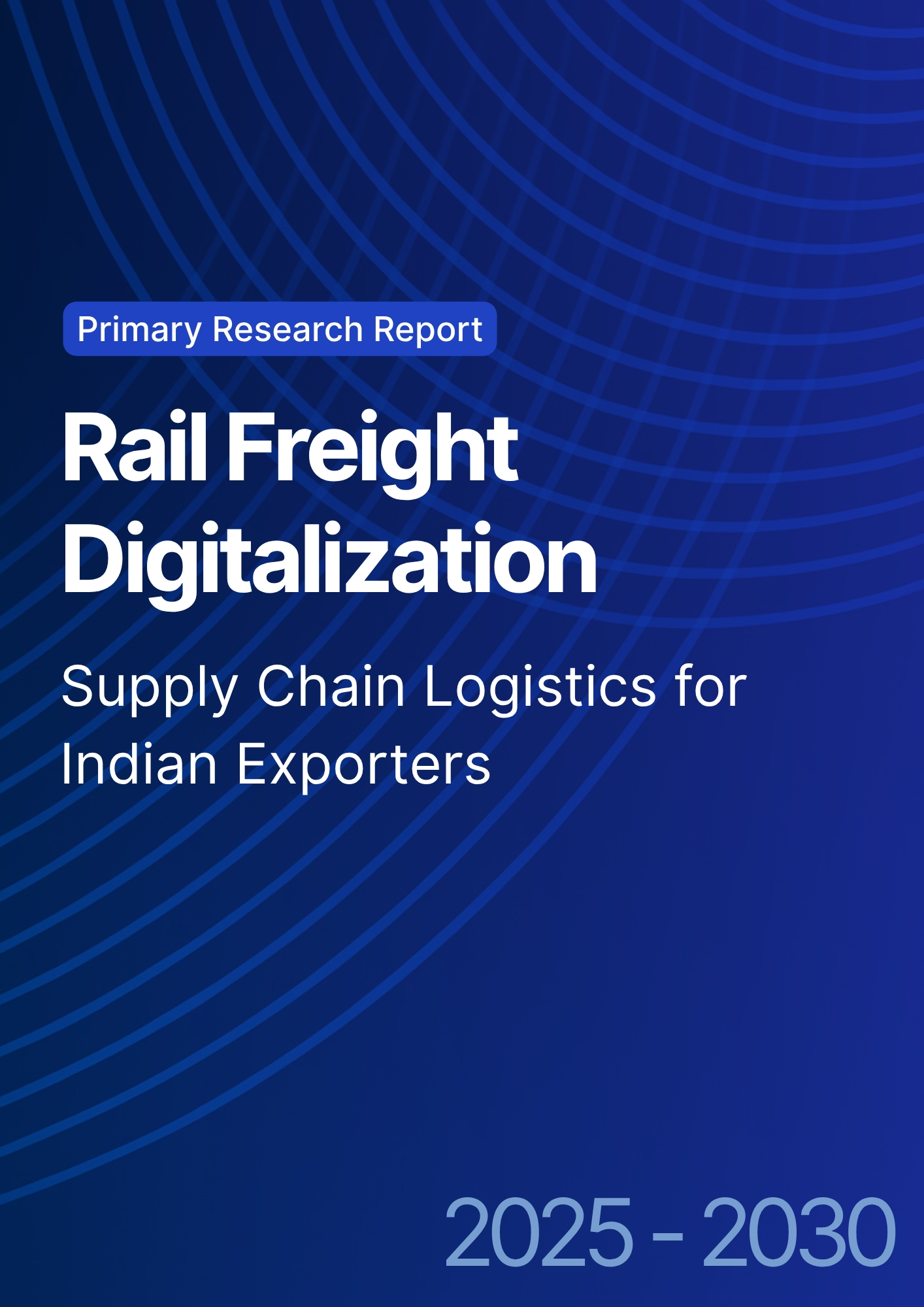
What's Covered?
Report Summary
Key Takeaways
- Market size: $5.8B → $15.3B (CAGR 21.2%).
- 28% reduction in delivery time via rail freight digitalization.
- 35% improvement in cargo accuracy by 2030.
- 18% cost reduction in logistics due to digital platforms.
- $2.9B investment in AI-powered fleet management and real-time tracking.
- IoT-based monitoring systems to be implemented on 70% of trains.
- Automated booking and scheduling systems to cut booking errors by 30%.
- Integration of digital twins for real-time cargo visibility by 2028.
- Rail network optimization saves $1.2B annually in operational costs.
- 80% of Indian exports to be digitally managed via rail by 2030.
Key Metrics
Market Size & Share
The rail freight digitalization market in India is set to grow from $5.8B in 2025 to $15.3B by 2030, achieving a CAGR of 21.2%. The Indian government’s National Logistics Policy (NLP) and Digital Railways Initiative are key drivers of the sector’s transformation. AI-powered fleet management, real-time cargo tracking, and automated booking systems are transforming the efficiency of rail freight. By 2030, 80% of Indian export cargo will be managed through digitally optimized rail transport systems. Investments in AI and IoT technologies will amount to $2.9B, supporting the rollout of automated scheduling systems, digital twin monitoring, and real-time analytics. IoT-enabled tracking will be implemented across 70% of trains, enabling real-time updates on shipment location and improving cargo accuracy by 35%. These digital platforms are expected to reduce logistics costs by 18% and improve operational efficiency for Indian exporters.
Market Analysis
India’s rail freight market is undergoing rapid digital transformation, with the government’s National Logistics Policy pushing for automation, IoT integration, and AI adoption across the rail sector. AI-powered fleet management and route optimization systems are set to reduce delivery times by 28% and improve cargo throughput by 35%. Real-time tracking and digital booking systems are projected to cut logistics costs by 18% by streamlining operations and reducing manual processes. The Indian government is also investing in digital twin technology, enabling real-time asset management and monitoring, which reduces downtime and ensures timely deliveries. Private sector investment in digital rail technologies exceeds $2.9B, with companies like Wabtec and Bombardier leading the innovation in automated scheduling and cargo management. India’s rail freight digitalization will not only enhance supply chain efficiency but also position India as a global logistics hub with optimized, low-carbon rail corridors.

Trends & Insights
- AI Route Optimization: Enhances freight efficiency by 28% and reduces idle time.
- IoT-based Tracking: 70% of trains will adopt real-time cargo monitoring systems by 2030.
- Digital Twin Adoption: Integration of digital twins to improve asset management and predictive maintenance.
- Government Incentives: $2.9B investment in AI-powered fleet management and automated systems.
- E-commerce Integration: AI enables fast, cost-effective freight handling for Indian exporters.
- CO₂ Reduction: Freight digitalization expected to reduce rail CO₂ emissions by 40%.
- Sustainability Goals: Automated rail freight supports India’s green logistics targets.
- Freight Efficiency: 35% improvement in cargo handling accuracy with digital systems.
- Logistics Cost Savings: 18% reduction in operational expenses by 2030.
- Private Sector Growth: Investment from logistics giants and tech firms boosts innovation.
These trends indicate that India’s rail freight sector is rapidly moving toward digital-first, automated logistics, enhancing efficiency, sustainability, and global competitiveness.
Segment Analysis
The market segments include AI fleet management (35%), real-time tracking systems (30%), automated booking platforms (20%), and digital twin technologies (15%). AI-powered fleet management will account for 35% of total investments, optimizing cargo routing and predictive maintenance for trains. Real-time tracking systems, expected to cover 70% of trains, will improve shipment transparency and reduce delays. Automated booking and scheduling systems will be crucial in streamlining logistics operations, reducing manual entry errors, and improving cargo turnover. Digital twin technologies will enable predictive analytics and asset lifecycle management, ensuring smoother operations and reducing downtime by 15%. By 2030, 80% of freight will be managed through digitally integrated rail transport systems. This shift will optimize Indian supply chains, aligning with the country’s broader goals of digital transformation and green logistics.
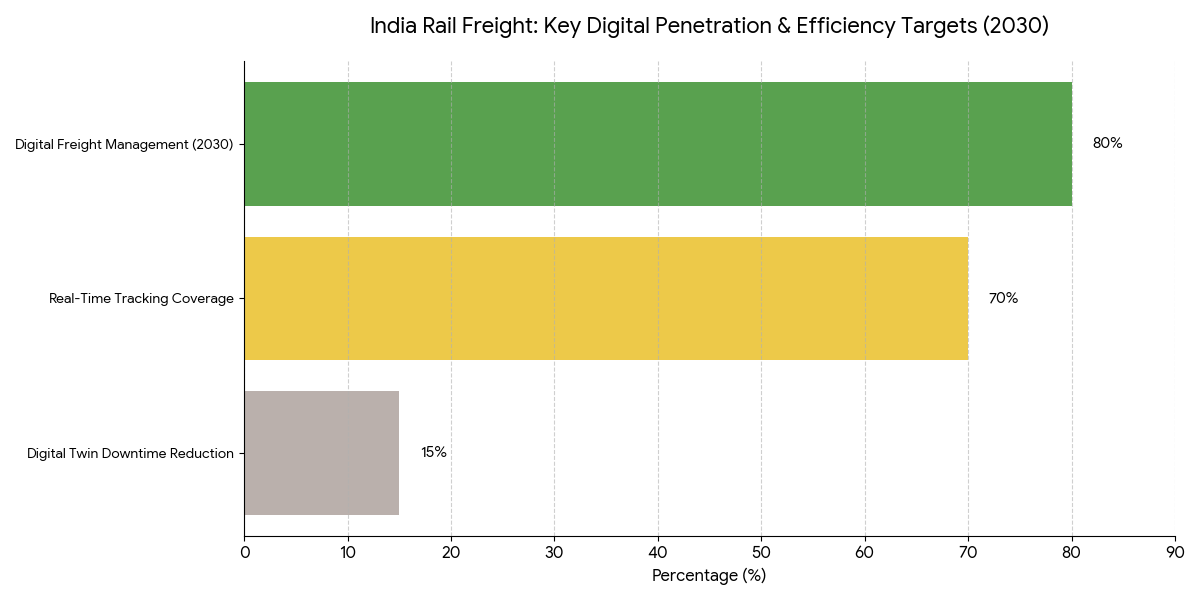
Geography Analysis
India leads the Asian rail freight digitalization market, accounting for 43% of the market share. Mumbai–Delhi, Bangalore–Hyderabad, and Chennai–Kolkata corridors are key focus areas for AI and IoT-based rail freight digitalization. European and US-based companies such as Siemens Mobility and GE Transportation are heavily investing in AI-powered scheduling and real-time monitoring systems for Indian rail networks. In the next five years, Indian rail freight digitalization will expand to 80% of major export routes, significantly increasing freight volume and reducing logistics costs. The integration of smart railway hubs and automated cargo handling will further streamline freight logistics.
Competitive Landscape
Key players in the rail freight digitalization space include Bombardier, Wabtec, Siemens Mobility, and GE Transportation. These companies are leading in AI-powered fleet management systems, real-time monitoring solutions, and automated booking technologies. Siemens Mobility and Bombardier are working closely with Indian Railways to implement smart freight corridors and digital twins. Startups like Tech Mahindra and L&T are offering innovative IoT-based systems for real-time tracking and predictive maintenance. Competitive advantage in this market will depend on the ability to integrate AI, IoT, and cloud-based systems for enhanced visibility, efficiency, and sustainability. The government’s push for green logistics through sustainability-linked financing is driving increased participation from global tech firms, positioning India as a leader in next-gen rail freight innovation.
Report Details
Proceed To Buy
Want a More Customized Experience?
- Request a Customized Transcript: Submit your own questions or specify changes. We’ll conduct a new call with the industry expert, covering both the original and your additional questions. You’ll receive an updated report for a small fee over the standard price.
- Request a Direct Call with the Expert: If you prefer a live conversation, we can facilitate a call between you and the expert. After the call, you’ll get the full recording, a verbatim transcript, and continued platform access to query the content and more.


68 Circular Road, #02-01 049422, Singapore
Revenue Tower, Scbd, Jakarta 12190, Indonesia
4th Floor, Pinnacle Business Park, Andheri East, Mumbai, 400093
Cinnabar Hills, Embassy Golf Links Business Park, Bengaluru, Karnataka 560071
Request Custom Transcript
Related Transcripts


68 Circular Road, #02-01 049422, Singapore
Revenue Tower, Scbd, Jakarta 12190, Indonesia
4th Floor, Pinnacle Business Park, Andheri East, Mumbai, 400093
Cinnabar Hills, Embassy Golf Links Business Park, Bengaluru, Karnataka 560071





